Activities
ASPIRE Undergraduate Engineering Design Challenge 2023
- Date:
- June 26 - June 30, 2023
- Hosted by:
- Tokyo Tech
ASPIRE Undergraduate Engineering Design Challenge (UEDC) 2023, an international workshop for undergraduate students of the ASPIRE League, was held over a five-day period from Monday, June 26 to Friday, June 30. Continuing from last year, Tokyo Tech also hosted this year’s workshop, which was held in person at the Ookayama campus for the first time.
This program was planned and implemented by Associate Professor Kazuaki Inaba (Department of Transdisciplinary Science and Engineering, School of Environment and Society) together with Associate Professor Masaki Yagisawa (Department of International Digital and Design Management, School of Management, Tokyo University of Science) as a workshop where students can learn the basics of engineering design.
A total of 27 undergraduate students (eight students from Tokyo Tech, five students each from HKUST, NTU and Tsinghua University, four from KAIST) participated in this workshop.

Workshop Schedule
Workshop
As with the 2022 program, the aim of this year's UEDC was to understand the five basic steps of design thinking — empathy, definition, conception, prototyping, and testing — and to explore new designs and services. Students worked in groups on the task of designing a product, system, or service that only Japanese people would buy, inspired by a Japanese cultural or seasonal event. The students were divided into five groups of students from different universities, and began by researching Japanese events and comparing them to those in their own countries. Each team chose a unique event such as hanami, fireworks, setsubun, or the coming-of-age ceremony, interviewed Japanese participants about the occasion, and repeatedly tested their ideas by making them tangible through prototypes before finalizing their product or service proposals for presentation on the final day.
During the workshop, Professor Shigeki Saito, Professor Miki Saijo, Associate Professor Takumi Ohashi, and Assistant Professor Yuki Taoka — all of whom belong to the Department of Transdisciplinary Science and Engineering of the School of Environment and Society — made comments on and gave advice regarding each team's activities at three feedback meetings, after which participants refined their ideas for their final presentations.
In addition, five graduate students from Tokyo Tech joined each team as teaching assistants to support team discussions.

Faculty members





Tokyo National Museum
On June 27, a tour of the Tokyo National Museum was organized for all participants to immerse themselves in the world of Japanese culture, gain valuable insight, and deepen their knowledge.
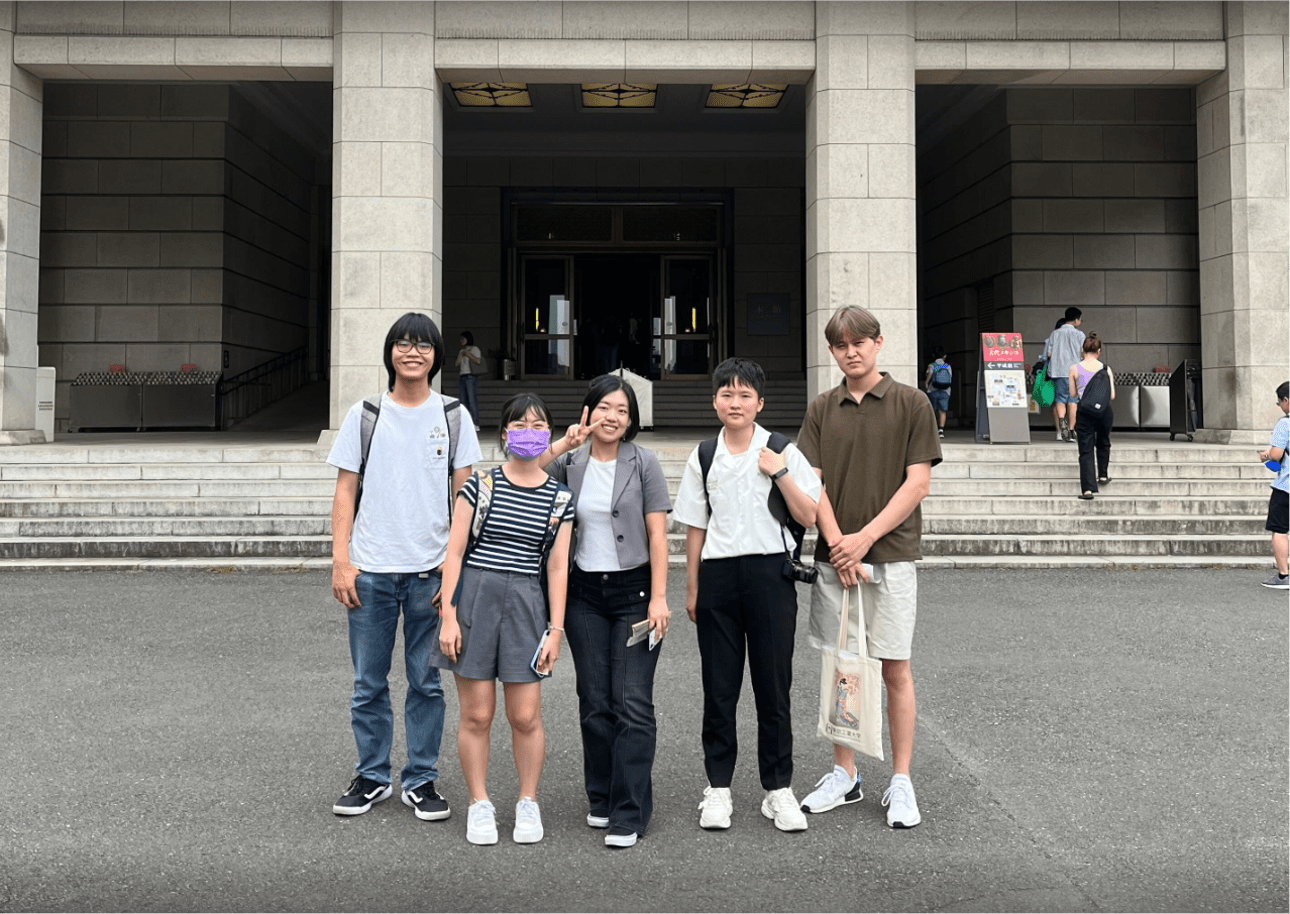
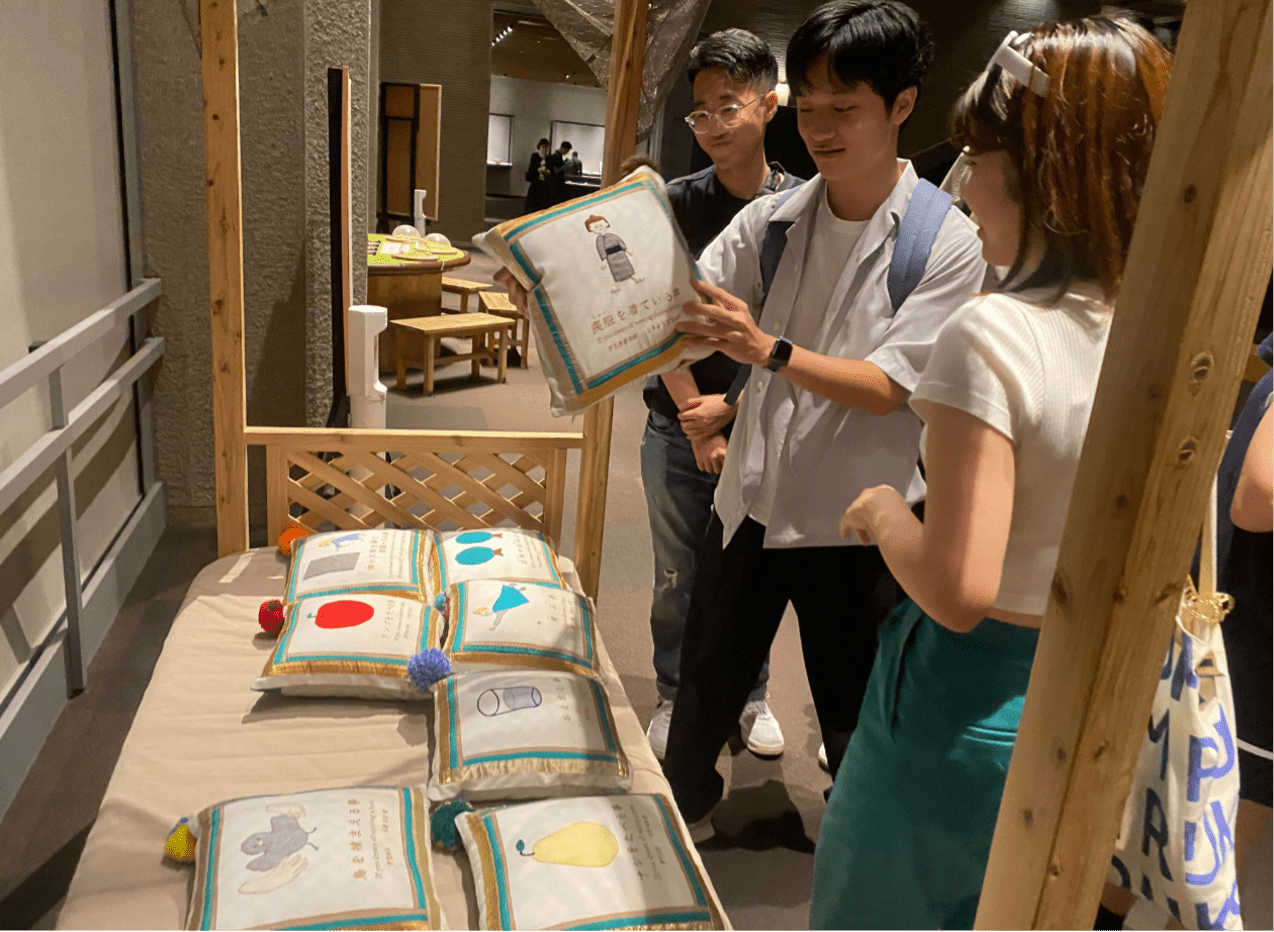
Final presentations
At the final presentation on 30 June, the results of the group work were presented in the form of a service to solve litter problems at hanami and fireworks events, a service that allows men to easily rent yukata kimonos, an idea for children to enjoy cleaning up the beans scattered at setsubun, and a cute, wearable alcohol-level checker to prevent young people from getting drunk at the coming-of-age ceremony. Outcomes were presented in the form of slides and skits, enthusiastically performed by the participants.
In the limited window of five days, the teams were able to deepen their understanding of Japanese events and culture, and each team researched user needs from interviews and presented their solutions in a practical and accessible way.
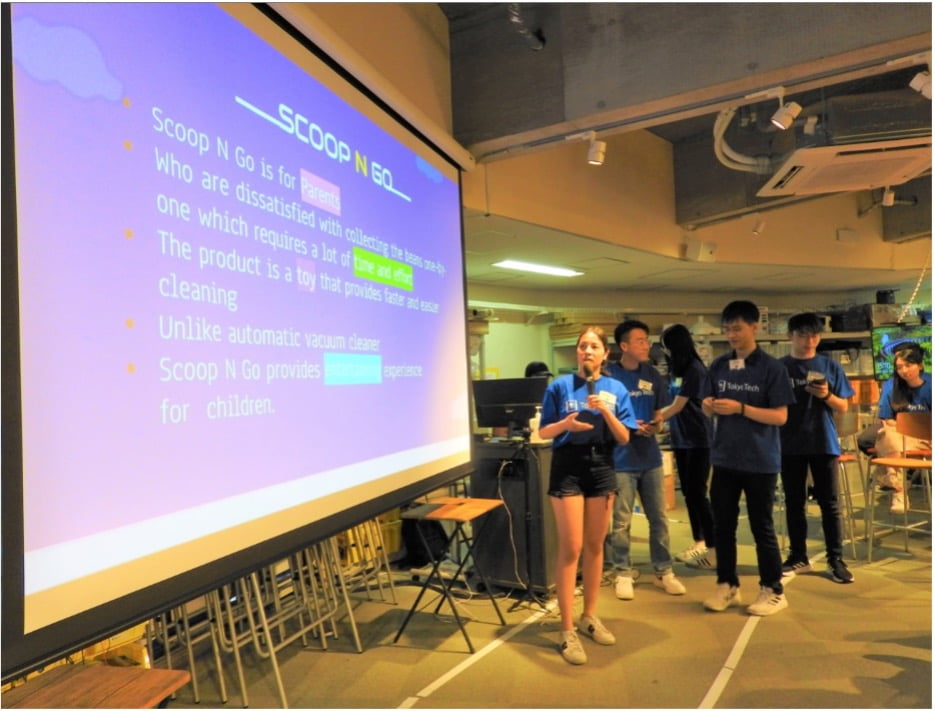


Reception
At the reception before the closing ceremony, all participants enjoyed an hors d'oeuvre-style bento.
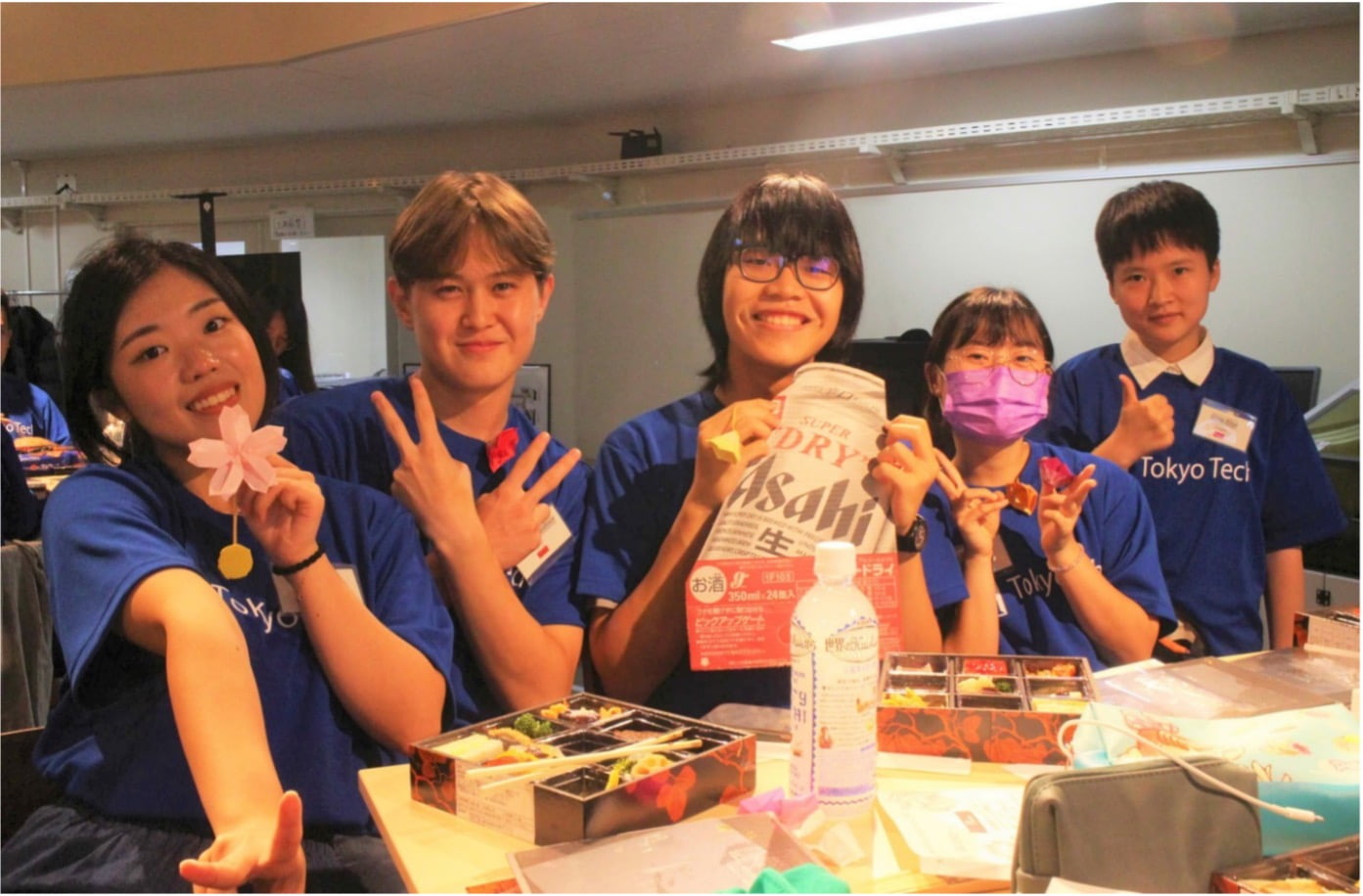

Closing ceremony
After closing remarks by Associate Professor Inaba and Professor Takada, the participants were presented with certificates by Vice President for International Affairs Nobuhiro Hayashi.
Associate Professor Inaba:
“This time, the participants learned about the process of design thinking that dances with ambiguity (going back and forth while having fun) and how to use Katsushika Hokusai's view of things, which can be said to be the starting point of manga, as a tool. I believe that these experiences will be useful for the current students in their future research, whatever their field of specialization.”




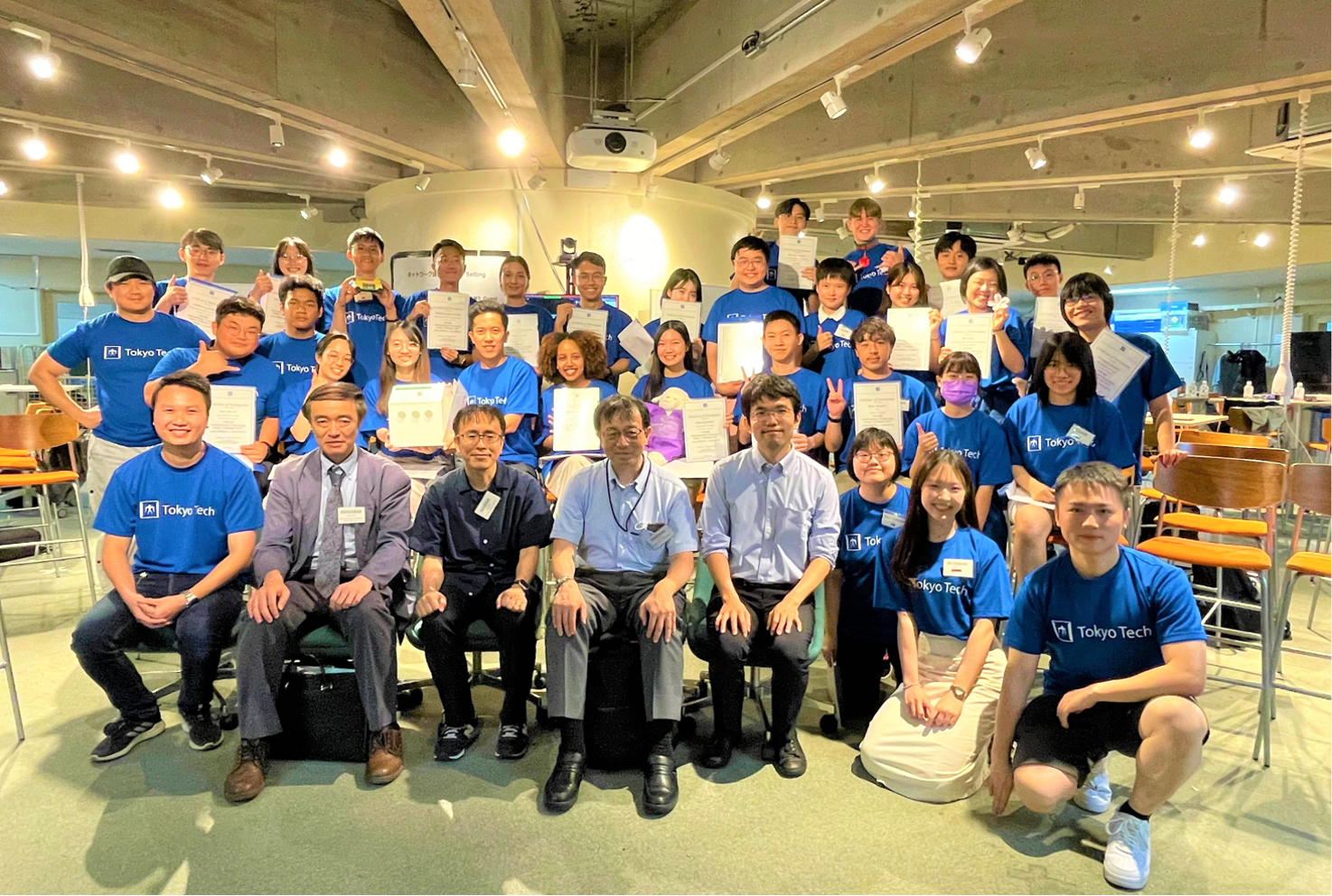
Participants and faculty pose for a group photo on the last day

